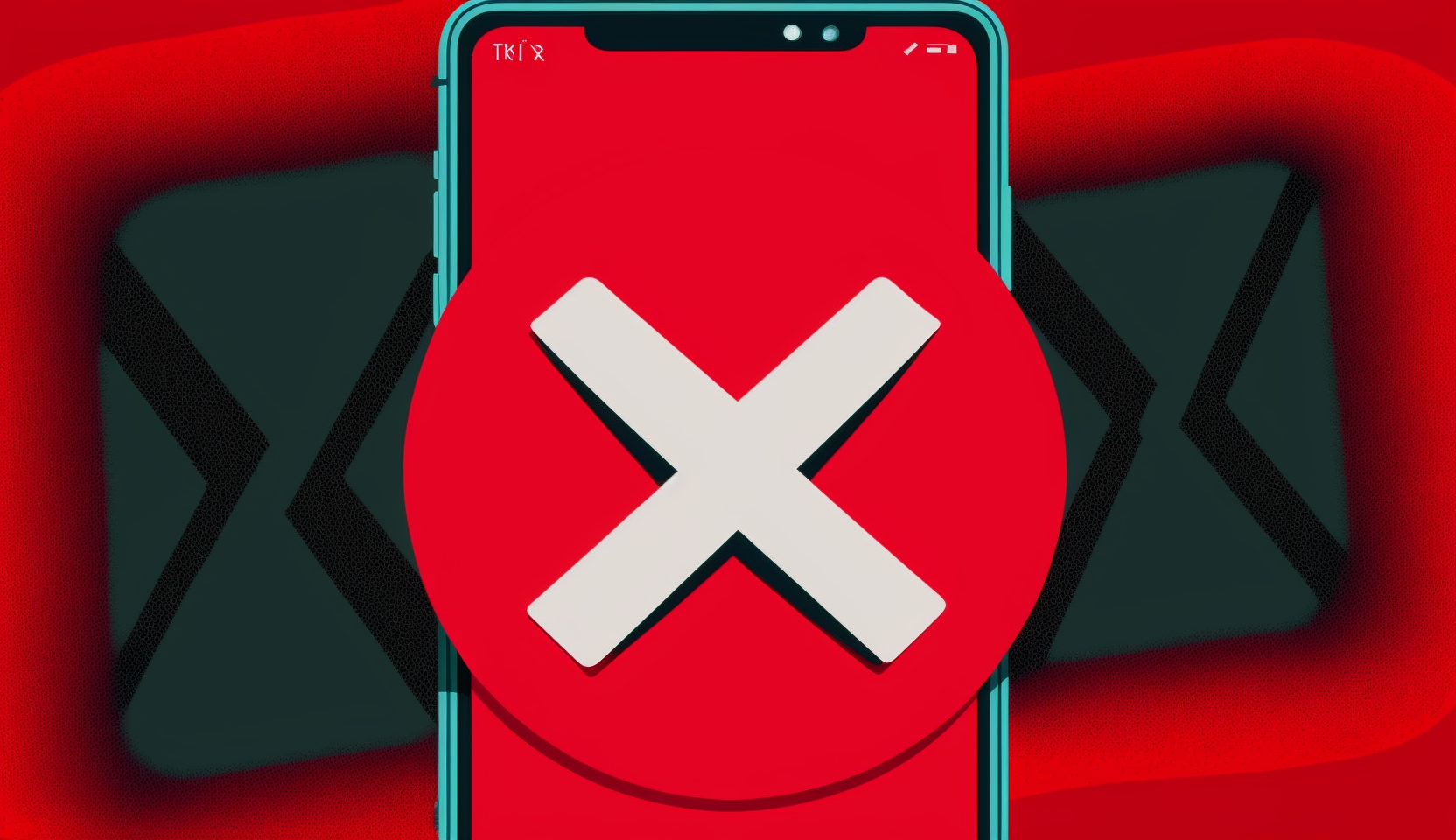TikTok’s uncertain future in the United States has entered a decisive phase, with a handful of powerful investors lining up to buy a stake in the platform as political pressure mounts.
The Chinese-owned app, run by parent company ByteDance, has been at the center of U.S. scrutiny for years over concerns about data security and influence from Beijing. What began with executive orders and court battles during the Trump administration has evolved into a bipartisan push to either ban TikTok or force a sale of its U.S. operations.
Earlier this year, the U.S. Supreme Court upheld the Protecting Americans from Foreign Adversary Controlled Applications Act (PAFACA), also known as the “TikTok ban.” That ruling seemed to seal the app’s fate. On January 19, TikTok briefly shut down U.S. operations before swiftly returning less than 12 hours later, citing new efforts by President Trump to keep the platform alive.
Trump has since extended TikTok’s reprieve multiple times, most recently postponing enforcement of the ban for 75 days while talks continue. His stated goal: to create “TikTok America,” a structure that splits ownership roughly 50-50 between ByteDance and a U.S.-backed consortium of investors. ByteDance would retain just under 20%.
Reports suggest potential buyers include some of the biggest names in tech and finance. Oracle, Silver Lake, and Andreessen Horowitz are among those positioned to oversee operations. Meanwhile, real estate billionaire Frank McCourt has assembled “The People’s Bid for TikTok,” backed by Project Liberty, Guggenheim Securities, and the law firm Kirkland & Ellis. Their pitch emphasizes transparency, privacy, and open-source technology.
Other bids are also emerging. Jesse Tinsley, CEO of Employer.com, announced a $30 billion all-cash offer through an American investor consortium. At the same time, CFRA Research estimates TikTok’s U.S. valuation could climb to as high as $60 billion if a sale moves forward.
TikTok’s fight for survival highlights just how central the platform has become in American life. With more than 150 million U.S. users—many of them young creators and small businesses—the app represents both cultural clout and enormous advertising potential. For Washington, though, it represents a potential national security risk.
The drama has unfolded against a backdrop of shifting political positions. Trump, who initially championed a ban in 2020, reversed course late last year, signaling a willingness to strike a deal that preserves the platform. The Biden administration’s earlier support of legislation against TikTok underscores that this is not simply a partisan issue, but a broader debate about data sovereignty and global tech power.
As negotiations continue, TikTok’s future remains uncertain. Whether it becomes “TikTok America” under new ownership, or faces fresh legal hurdles, will determine if one of the world’s most popular apps can remain a fixture in U.S. digital life. For now, investors, regulators, and millions of users are watching closely as the clock ticks down.





